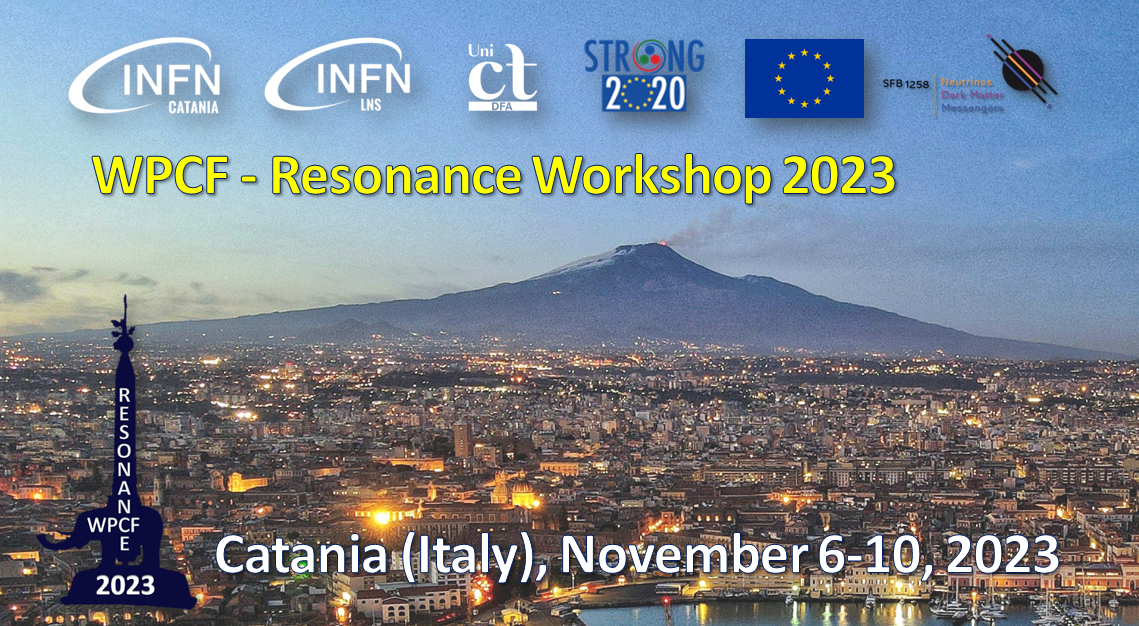Speaker
Description
Pairing interactions play crucial roles in atomic nuclei and quantum many- body physics in general. In finite nuclei, two-neutron and/or two-proton pairing are responsible for the odd-even staggering observed in the binding energy of atomic masses and for the fact that all even nuclei have a J = 0+ ground state. Pairing correlations also imply a smoothing of the level occupancy around the Fermi energy surface, an enhancement of pair transfer probabilities, as well as a superfluid behavior in nuclear rotation and vibration.
Recently, the formation of tetra-neutron resonances, either from an ensem- ble of four interacting neutrons or from the coupling of four neutrons inside atomic nuclei were proposed on the basis of experimental results. If confirmed, tetra-neutron excitations would require a higher range of (four-body) nucleon interactions, with expected important consequences in the description of finite nuclei, of nuclear matter and in the determination of neutron captures in the Big Bang and in neutron-star mergers. Despite of its tremendous importance, the real observation of the decay of paired or tetra nucleons is still lacking or very scarce as difficult to evidence. By generalizing the Ikeda conjecture, initially proposed to account for the presence of α cluster states close to α emis- sion thresholds, such two- or four-nucleon resonances would similarly appear at energies close to the corresponding emission thresholds.
I will present recent results on the study of n-n correlations in light neutron- rich nuclei in order to illustrate the technique used and its challenges. Then I will present perspectives on future plans to conduct such experiments aiming to investigate multi-neutron correlations at FRIB.

